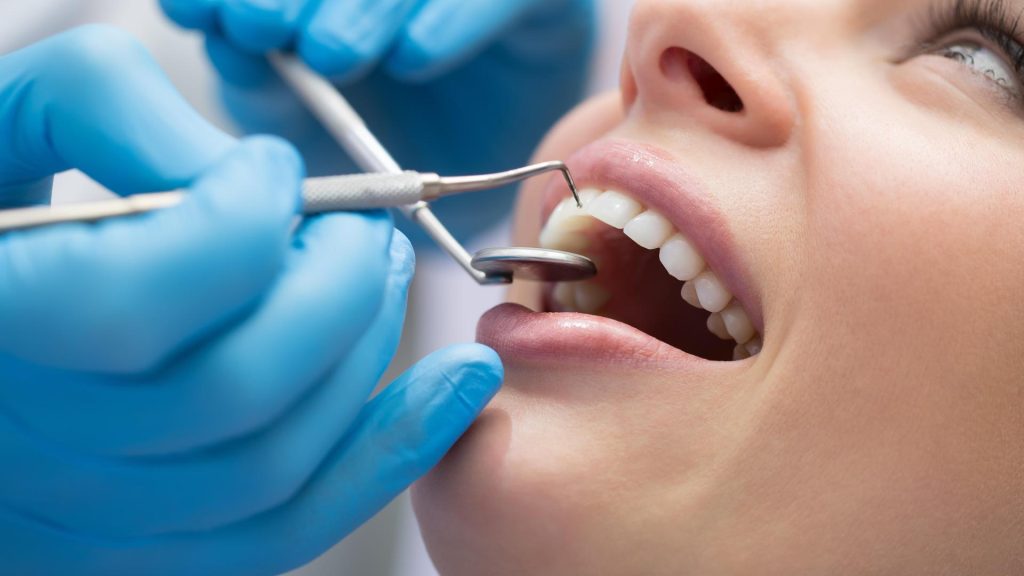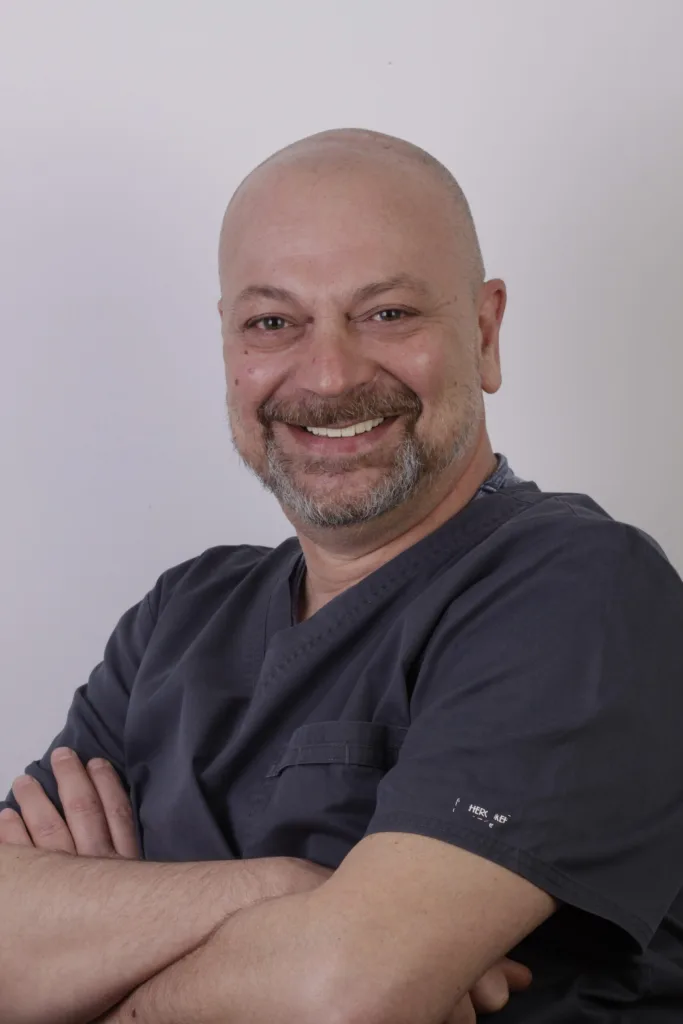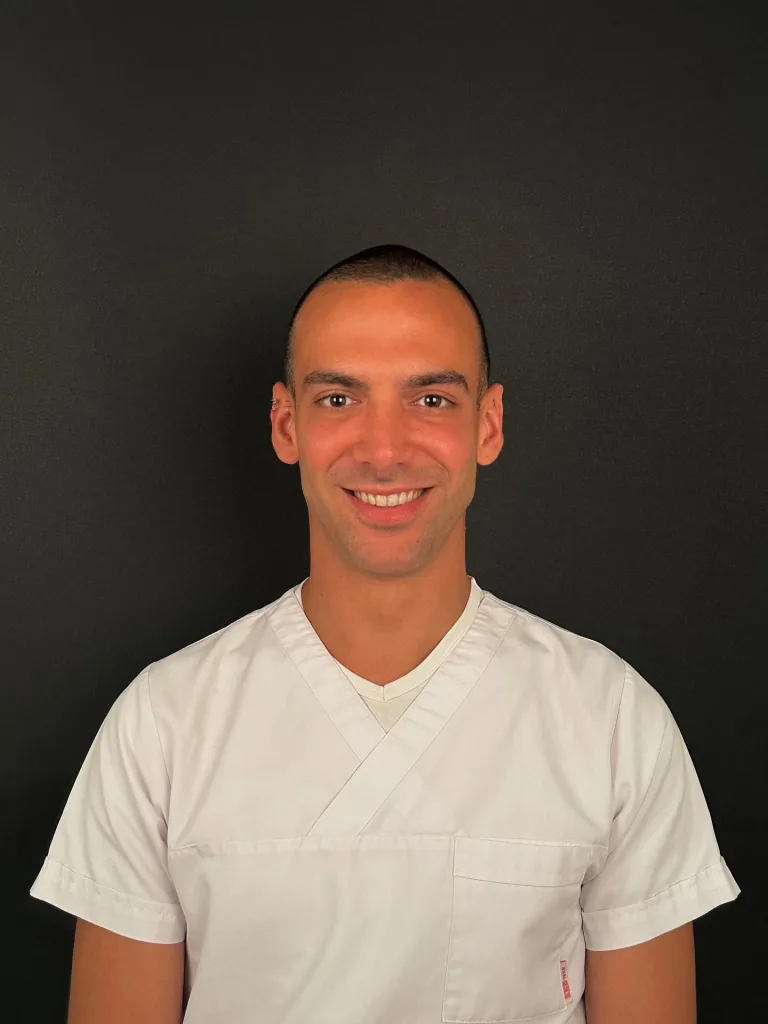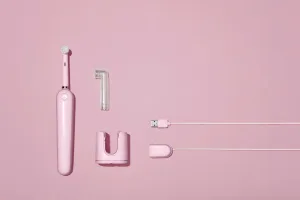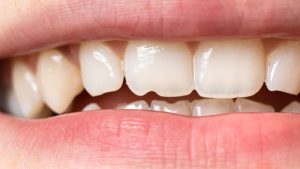Discovering a loose tooth as a child is often a rite of passage, met with excitement about the tooth fairy. But finding a wobbly tooth in your adult mouth? That’s a different story entirely. It can trigger instant worry, confusion, and a cascade of questions. Is this normal? Will it fall out? What did I do wrong? Let’s face it, adult teeth are supposed to be permanent fixtures, strong and reliable. When one starts to feel unstable, it’s a clear sign that something isn’t right and needs immediate attention.
Unlike baby teeth, which are designed to make way for their permanent successors, adult teeth loosen for reasons that typically indicate an underlying problem. Ignoring it won’t make it go away; in fact, delaying action often makes the situation worse and can potentially lead to tooth loss. The good news? In many cases, with prompt and appropriate dental care, a loose adult tooth can be saved. This article will guide you through the common causes, immediate steps to take, potential treatments, and preventative measures to keep your smile strong and stable.
Why Do Adult Teeth Become Loose?
Understanding the potential culprits behind a loose adult tooth is the first step toward addressing it. It’s rarely a random event; there’s usually a specific cause or combination of factors at play. Here are some of the most common reasons:

Gum Disease (Periodontitis)
This is arguably the most frequent cause of loose adult teeth. Periodontitis is an advanced form of gum disease, a serious infection that damages the soft tissues and, crucially, destroys the bone that supports your teeth. It starts subtly as gingivitis (inflamed gums) caused by plaque buildup. If left untreated, the infection progresses deeper, forming pockets between the teeth and gums. Bacteria thrive in these pockets, releasing toxins that break down gum tissue and alveolar bone – the very foundation holding your teeth firmly in place. As bone loss increases, teeth lose their support and become mobile or loose. Consistent professional care is vital for managing this condition, often involving specialized treatments under periodontology services to halt the progression and potentially save affected teeth.
Injury or Trauma
A direct blow to the face or mouth – from a fall, sports injury, or accident – can easily loosen a tooth. The force can damage the periodontal ligament (the fibres anchoring the tooth to the bone) or even fracture the root or surrounding bone. Sometimes, the damage isn’t immediately obvious, and the tooth might loosen gradually over time. Less direct trauma, like chronic teeth grinding or clenching (bruxism), also puts immense, repetitive stress on teeth. This constant pressure can fatigue and damage the supporting ligaments and bone, leading to tooth mobility over the long term. If you suspect you grind your teeth, especially at night, discussing options like custom-fitted night guards is crucial.
Osteoporosis
Osteoporosis is a condition characterized by decreased bone density, making bones more brittle and prone to fracture. While often associated with hips and spine, it can also affect the jawbone (alveolar bone). Reduced density in the jawbone weakens the support structure for your teeth, potentially contributing to tooth looseness and even tooth loss. If you have osteoporosis, it’s essential to inform your dentist, as it can impact treatment planning and oral health outcomes.
Hormonal Changes
Significant hormonal fluctuations, particularly during pregnancy, can sometimes affect the ligaments and bones supporting the teeth. Increased levels of progesterone and estrogen can make gums more susceptible to inflammation (pregnancy gingivitis) and temporarily loosen the periodontal ligaments. While tooth loss due to pregnancy is rare and often linked to pre-existing dental issues, noticeable loosening should still be evaluated by a dentist.
Dental Procedures or Appliances
Occasionally, pressure from orthodontic treatments like braces can cause temporary, minor loosening as teeth shift – this is usually controlled and expected. However, poorly fitting dental appliances, such as partial dentures or bridges, can exert unnatural pressure on adjacent teeth, potentially causing them to loosen over time. Regular dental check-ups are important to ensure any dental work fits correctly and isn’t causing unintended problems.
Other Medical Conditions
In rarer cases, certain medical conditions or treatments can impact tooth stability. For instance, tumors or cysts in the jawbone can displace teeth or destroy supporting bone. Some medications might have side effects affecting oral health or bone density. Always keep your dentist informed about your overall health status and any medications you are taking.
Immediate Steps to Take When You Notice a Loose Tooth
That moment of realization – feeling a tooth shift when you bite down or touch it – can be alarming. What you do immediately afterward can significantly impact the chances of saving the tooth. Here’s what experts recommend:
- Don’t Wiggle It! Resist the urge to poke, push, or wiggle the tooth with your tongue or fingers. Playing with it can further damage the already weakened supporting structures and make things worse.
- Gentle Oral Hygiene: Continue brushing and flossing, but be extra gentle around the loose tooth. Keeping the area clean is crucial to prevent infection, especially if gum disease is involved, but aggressive cleaning can cause more harm. Use a soft-bristled brush and careful flossing technique.
- Soft Food Diet: Avoid hard, crunchy, or sticky foods that require significant chewing force. Stick to softer options like soups, yogurt, mashed potatoes, smoothies, and scrambled eggs. This minimizes pressure on the compromised tooth.
- Avoid Chewing on That Side: Try to chew primarily on the opposite side of your mouth to give the loose tooth a rest.
- See Your Dentist ASAP: This is the most critical step. Don’t wait to see if it gets better on its own – it likely won’t. The sooner you get professional evaluation, the better the chances of identifying the cause and implementing effective treatment. Call your dental office immediately and explain the situation; they should prioritize seeing you quickly.
What Your Dentist Might Do (Diagnosis and Treatment)
When you visit the dentist with a loose tooth, they’ll perform a thorough evaluation to determine the cause and severity of the problem. This typically involves:
- Clinical Examination: Gently checking the tooth’s mobility, examining the surrounding gums for signs of infection (redness, swelling, pockets), and assessing your overall oral health.
- Dental X-rays: These are essential for visualizing the tooth root, the periodontal ligament, and, most importantly, the level and condition of the supporting bone. X-rays help diagnose the extent of bone loss from gum disease, detect root fractures, identify abscesses, or reveal other underlying issues.
- Bite Assessment: Checking how your teeth come together (your occlusion) to see if bite problems or grinding are contributing factors.
Based on the diagnosis, your dentist will discuss the most appropriate treatment options, which might include:

Treating Gum Disease
If periodontitis is the culprit, treatment will focus on controlling the infection and inflammation. This often starts with scaling and root planing (a deep cleaning procedure) to remove plaque and tartar from below the gumline and smooth the tooth roots. In more advanced cases, gum surgery might be necessary to reduce pocket depth and potentially regenerate lost bone or tissue.
Splinting
If the tooth is loose but potentially salvageable (e.g., after an injury or with moderate bone loss), your dentist might recommend splinting. This involves joining the loose tooth to one or more adjacent stable teeth using a thin, discreet wire or composite resin material. This provides temporary support, immobilizes the tooth, and allows the supporting tissues time to heal and potentially reattach more firmly.
Bite Adjustment (Occlusal Adjustment)
If excessive force from your bite or grinding is contributing to the looseness, your dentist may need to adjust your bite. This involves selectively reshaping minuscule amounts of enamel on certain teeth to distribute biting forces more evenly. For nighttime grinders, a custom-made bruxism guard is often recommended to protect teeth from damaging forces while sleeping.
Treating Underlying Causes
If the looseness is linked to systemic issues like osteoporosis or hormonal changes, your dentist will work in conjunction with your physician to manage the condition. Addressing the root medical cause is essential for long-term oral health stability.
Extraction and Replacement
Unfortunately, sometimes the damage is too severe – extensive bone loss, a fractured root, or advanced infection – and the tooth cannot be saved. In such cases, extraction is necessary to prevent further complications like spreading infection. While losing a tooth is never ideal, modern dentistry offers excellent replacement options. Following a tooth extraction, discussing replacements like dental implants, bridges, or partial dentures is crucial for restoring function, appearance, and preventing neighbouring teeth from shifting.
Preventing Loose Tooth in the Future
While some causes like accidental trauma are hard to prevent entirely, many factors contributing to loose teeth are manageable. Proactive steps include:
- Excellent Oral Hygiene: This is non-negotiable. Brush thoroughly twice a day with fluoride toothpaste, floss daily to remove plaque from between teeth and below the gumline, and consider using an antiseptic mouthwash. This is your primary defense against gum disease.
- Regular Dental Check-ups and Cleanings: Visiting your dentist typically every six months allows for early detection and treatment of problems like gingivitis before they progress to periodontitis. Professional cleanings remove tartar buildup that regular brushing and flossing can’t handle. These routine visits fall under general dentistry care and are fundamental to long-term oral health.
- Wear a Mouthguard: If you play contact sports, always wear a custom-fitted athletic mouthguard. If you grind or clench your teeth, consistently wear the night guard prescribed by your dentist.
- Manage Gum Disease: If you’ve been treated for periodontitis, meticulous home care and more frequent maintenance cleanings (periodontal maintenance) are usually required to keep the disease under control.
- Healthy Diet: A balanced diet rich in calcium and vitamin D supports strong bones, including your jawbone. Limiting sugary foods and drinks also helps reduce plaque buildup.
- Address Systemic Health Issues: Keep conditions like diabetes or osteoporosis well-managed through regular medical care, as they can impact your oral health.
- Don’t Smoke: Smoking significantly increases the risk and severity of gum disease and hinders healing. Quitting is one of the best things you can do for your oral and overall health.
Conclusion: Take Action for a Stable Smile
A loose adult tooth is more than just an inconvenience; it’s a warning sign from your body that needs prompt attention. While the underlying causes vary, from gum disease to injury, the common thread is the potential risk to your oral health and the stability of your smile. Ignoring the problem significantly increases the likelihood of irreversible damage and even tooth loss.
However, there’s often hope. By taking immediate, gentle care of the affected tooth, avoiding further aggravation, and seeking professional dental evaluation without delay, you maximize the chances of successful treatment. Whether it involves deep cleaning, splinting, bite adjustments, or addressing underlying health conditions, your dentist is your best ally in navigating this issue. Remember, early intervention is key. Don’t hesitate – safeguarding your smile starts with taking that crucial step to get expert help.
Your Partner in Oral Health: Genç Dental
Experiencing a loose tooth or any other dental concern can be stressful. At Genç Dental, we understand your worries and are here to provide expert, compassionate care. Our experienced team utilizes the latest diagnostic tools and treatment techniques to address the root cause of your dental issues, aiming to preserve your natural teeth whenever possible.
If you’ve noticed a loose tooth, have concerns about gum disease, or simply need a routine check-up, we invite you to schedule an appointment. Let us help you achieve and maintain a healthy, stable, and confident smile. Contact Genç Dental today to learn more about our services and how we can support your oral health journey.
